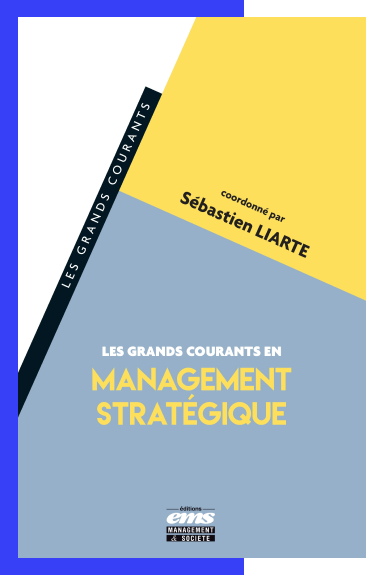 Barakat, L., Pedersen, T., AMARAL-BAPTISTA, M., Cretoiu, S., Bento, P., (2022)
Barakat, L., Pedersen, T., AMARAL-BAPTISTA, M., Cretoiu, S., Bento, P., (2022)
Too much of two good things: Explicating the limited complementarity between drivers of MNCs’ absorptive capacity, Management International Review, 62, 393–426.https://doi.org/10.1007/s11575-022-00474-1 .
 Barakat, L., Pedersen, T., AMARAL-BAPTISTA, M., Cretoiu, S., Bento, P., Rosa, A., Serrasqueiro, R. (2019)
Barakat, L., Pedersen, T., AMARAL-BAPTISTA, M., Cretoiu, S., Bento, P., Rosa, A., Serrasqueiro, R. (2019)
International Reverse Knowledge Transfer and the Role of Multinationality. Academy of International Business (AIB) Annual Meeting, Copenhagen, Denmark
 Bento, P., AMARAL-BAPTISTA, M., Rosa, A., Serrasqueiro, R., Rogado, C., Barakat, L., Cretoiu, S., Costa, F., Silva, T., Alvim, F. (2017, 2016, 2015, 2014)
Bento, P., AMARAL-BAPTISTA, M., Rosa, A., Serrasqueiro, R., Rogado, C., Barakat, L., Cretoiu, S., Costa, F., Silva, T., Alvim, F. (2017, 2016, 2015, 2014)
Ranking of Portuguese Multinationals (INDEG-ISCTE Executive Education. Lisbon)
 BOEHE, D. M. (2011).
BOEHE, D. M. (2011).
Exploiting the liability of foreignness: Why do service firms exploit foreign affiliate networks at home?. Journal of International Management, 17(1), 15-29.
 IRAQUI, A. (2020).
IRAQUI, A. (2020).
Géopolitique des investissements marocains en Afrique: entre intérêt économique et usage politique, Editions L’Harmattan, 154p. (ISBN 978-2-343-19360-1)
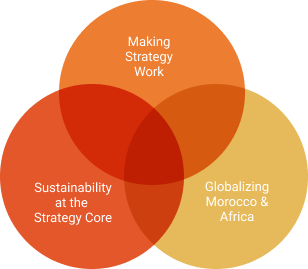
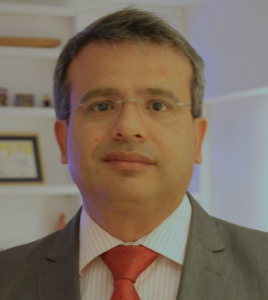


 Ahmed IRAQI
Ahmed IRAQI


 BEDUNEAU-WANG L. (2014).
BEDUNEAU-WANG L. (2014).